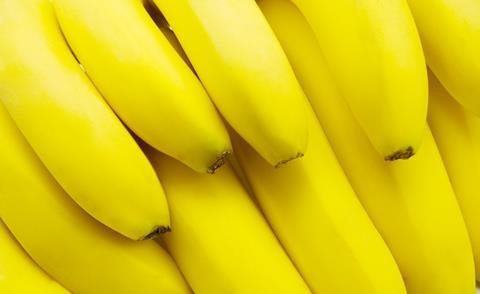Peru, Ecuador, Colombia, Guatemala and Argentina are among the countries that will benefit from tariff exemptions
Latin American growers have welcomed last Friday’s executive order from the White House exempting a long list of agricultural products from reciprocal tariffs in a bid to ease price pressure on foods that do not compete directly with US products.

The list includes fresh and dried avocados, bananas, plantains, pineapples, oranges, guavas, papayas, kiwifruit and various types of nut.
In Peru, exporter association Adex said the executive order eliminates reciprocal tariffs to 79 agricultural products the country exports to the US, including avocados, coffee, cocoa, mangoes, ginger, citrus and fruit juices. According to figures from the US International Trade Commission, exports of these products to the US were worth US$1.126bn in 2024.
The measure has raised expectations among Peruvian producers, who see it as an opportunity to strengthen their position in one of the most important destinations for their exports.
Colombian avocado association Corpohass also welcomed the White House announcement, calling the decision “a strategic step forward for the competitiveness of the Colombian agricultural export sector in the US”.
It said the measure will reduce entry costs to the US market, strengthen the position of Colombian avocados against other origins, and consolidate the country as “a reliable, high-quality supplier”.
In Ecuador, the Ministry of Production, Foreign Trade and Investment welcomed the US government’s decision to eliminate the 15 per cent tariff on 105 Ecuadorean products, including pineapple, mango, pitahaya, tropical fruits, juices, spices, bananas, plantain, oranges and tomatoes, following the signing of a new trade agreement between the two countries.
Guatemala was another country celebrating a new trade agreement forged with the Trump administration last week, which will reduce tariffs on more than 70 per cent of Guatemalan exports to the US to zero by January 2026.
In Brazil, however, the reaction was more muted. In July, Trump imposed an additional 40 per cent tariff on a range of Brazilian products including tropical fruit, beef and coffee, citing, among other reasons, the trial of his ally, former president Jair Bolsonaro, which he called a “witch hunt”.
Brazil’s vice president, Geraldo Alckmin, said: “Everyone got a 10 per cent reduction, but in the case of Brazil, which had a 50 per cent tariff, we ended up with 40 per cent, which is very high”.
In a statement, Brazilian fruit association Abrafrutas said: “While this represents progress, the result is still short of what we were seeking to ensure greater competitiveness for the sector.
“We are deeply concerned that grapes, the second most exported Brazilian fruit to the US, were left off the list. This exclusion comes at a sensitive time: in the third quarter of this year, Brazilian grape exports to the US registered a 73 per cent drop in value and almost 68 per cent in volume compared to the same period in 2024, highlighting the challenges faced by national producers and exporters.
“Abrafrutas will continue to encourage progress in negotiations to increase the percentage of tariff reduction and to include fruits that were left out, especially grapes, in the next stages.”



